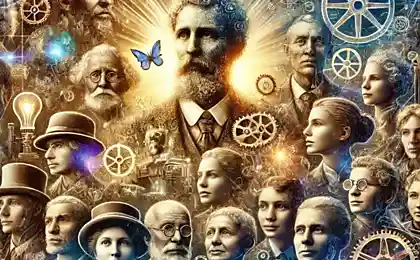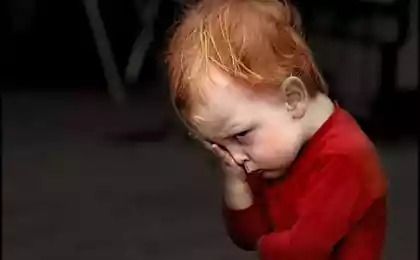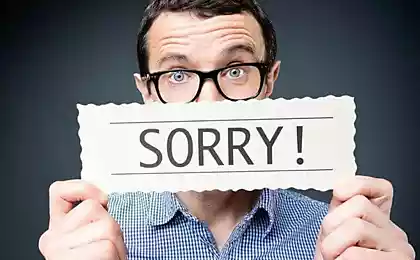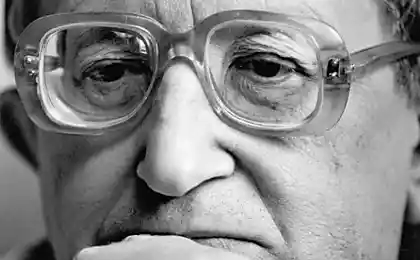520
We overestimate the relevance of morality: how the recognition of its imperfection will make the world a better place
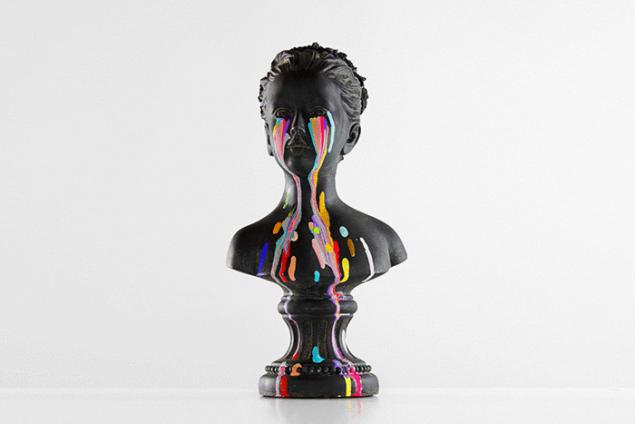
We take for granted that others in their behavior are guided by the principles of morality. The truth is that lying not only politicians — all compromise our high principles every day, especially ordinary people. Writer David Kane, in his blog says that we are still very far from its own ideals, and explains why empathy, generosity and forgiveness will make the world a better place — especially for ourselves.
When anthropologists of the future will be to learn about us, they would be able to understand from the headlines of our Newspapers. Very little news to tell that we are really doing is new: in the Newspapers almost never write about scientific discoveries, revolutionary tehnologija, radical changes in legislation. Most popular news is about people who fail to be kind, fair and honest. Policy caught in a lie! A brutal attack by one criminal group to another! The company lied to their customers for the money!
If we think very seriously about what is really important to us, we will realize that such qualities as honesty, kindness, responsibility, loyalty and mutual respect. It seems that all the problems in our world relate to the fact that a few irresponsible people poison the lives of all the other responsible people such as you and me.
So we accept wishful thinking. The truth is that all of us — even those who used to consider himself a good man, is ridiculously far from these qualities. But we expect them from other people and believe things for granted — that they will meet our high standards. We are incredibly outraged at the fact that someone renounces the public interest in favor of their own. This means that we genuinely believe if any of us at any one time could abandon their own interests to make the world a better place.
This is what distinguishes us from other animals, which are governed by instincts, we can think not only about ourselves, we are able to empathize, to hold back and plan. We, too, can overcome instincts — but at the same time we understand that sometimes these urges can not bring us to the good. In a relatively short period of time we have mastered completely new territory and began to value those of higher quality. Why are we so concerned about the behavior of public people who from time to time fails these qualities to match. In the end, we know that the discipline, integrity, reputation and kindness make life better for each person, will help him cope with the losses and trials of harsh reality, where you're vulnerable where you are — in fact, the bag full of meat. We desperately want everyone else become noble and saved us from danger, cruelty and suffering of the harsh world. But we forget that at its core, the only skills that our species is still not very well learned.
Morality is fine, but we're too overestimate its importance and its possibilities in this area. We can't hold their own new year's resolutions, why we expect from others that they will be persistent and incorruptible? Why are we so outraged by what other people Park cars in the wrong place, while we hardly think about how to feed a beggar on the thirty dollars that we spend on beer?
You can justify yourself all you want: cognitive dissonance, consumer economy, a sense of helplessness syndrome (a drop in the sea) — but I think it's hardly fair. The truth is that we are not very developed in the field of morality, so much so that even thinking about this feel ashamed. We've only just begun to recognize the superiority of morality over our own well-being, and it is hard for us to deal with it.
First, we have to admit that it's hard to be what he wants us batochime so shocking that a politician can cheat? The company is governed by income and not by compassion for their customers? That it is incredibly difficult to set aside enough money for their retirement or to donate a significant amount to charity, or not to overeat?
To understand what action is correct, is much simpler than actually to do it. When we evaluate the actions of others, we actually do it. As to ourselves, every day we illustrate a simple truth: it is very difficult to live by their own standards.
It seems that quitting Smoking is quite simple: roughly speaking, you need to stop to shove in his mouth cigarette. But anyone who has encountered this, knows it's not so easy. Is it difficult to treat others as we wish they treated us? It is much more difficult, we spend our entire life to achieve, and we fail.
I do not propose to deny the consequences of mistakes of politicians and humanity in General and our own in particular. I just think we are too quick to start blaming people that do not meet our high standards — too high for the creatures that your instincts have not gone too far from reptiles.
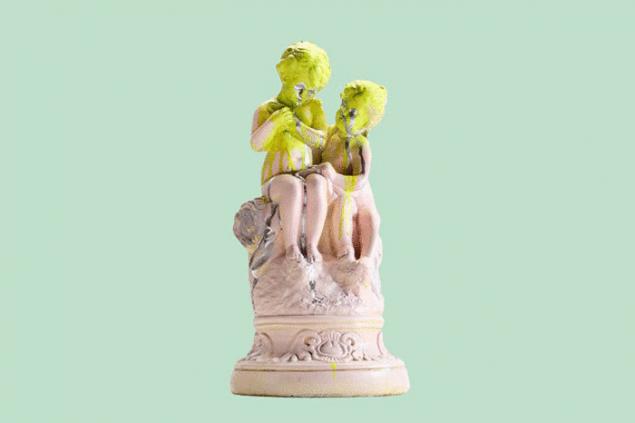
Can you tell me, "Oh yeah, I need to donate more to charity, but at least I'm his wife not cheat, so can do only monster!" You are right, but do not forget that all you managed is to follow the same standard and not follow another. You can say that some standards are more important than others, and I can say that you may just be lucky. That was so easy and obvious to you may not be able to someone else. We need to be grateful for the idea of morality, which we have, but don't forget how easy it is sometimes to forget about your principles — and how often we do that ourselves.
Empathy and nobility together give forgiveness to another the highest aspiration of humanity, which none of us can achieve success. We all together — as a species — are trying to deal with our animal past, but it would be strange to expect that all can be equally successful. This means that sometimes you know how to do the right thing and others don't — but it's not necessary to condemn anyone.
We need to take seriously the work on our dobrodeteli we have an instinctive sense of empathy and a little bit unique to our species-meaning, written somewhere in our genes to mammals, but this is not enough to meet our own standards. We need to learn how to be that person, and this work should go a lifetime. Let's see how a two year old child does not want to share a toy with another two years, and think what a long way you have gone: have learned to control their impulses, to analyze the behavior of others.
This can be called wisdom, and the study of wisdom we traditionally called philosophy. In Western culture often joke about the futility of philosophical education is a great measure of the short — sightedness of our culture. We believe education is useful to the extent that it increases our prosperity, and this seems to be the main criterion of personal development.
But philosophy is not useless and certainly not boring. She tells us about how long we learned to be better, or, more precisely, as we were trying to be people they would like to see others. For several thousands of years, people taught each other how to be a good friend, to struggle with envy and greed, be attentive to the other, despite their own problems, make society better, to raise children to become better than we are.
Education helps us to use our new, higher evolutionary abilities: intelligence, compassion, empathy, — to protect us from the harm that society can put our old, not so civilized impulses. But we need to remember how recently did these new skills — and how easy our primitive fears and anxieties can beat them.
Religion, too, aims to achieve this: to help us fight her own instincts, selfishness, envy, laziness, contempt. Philosophy offers more efficient algorithms than the Holy texts, but religion is doing what you do not do academic institutions: it offers us to accept our own imperfection in comparison to what we would like to be.
Religious traditions have much to teach even non-believers. Skeptics should read this brilliant work of Alain de Botton's "Religion for atheists: a guide for nonbelievers about the benefits of religion." Religion, in the end, is just a branch of philosophy. Religion often becomes a victim of the problem that is trying to solve, but I think this is the greatest example of irony: we can become better only by accepting that we are not so good as we think we are.
If we recognize this fact, we will have less reason to pity and more reasons to feel grateful.published
Source: theoryandpractice.ru

